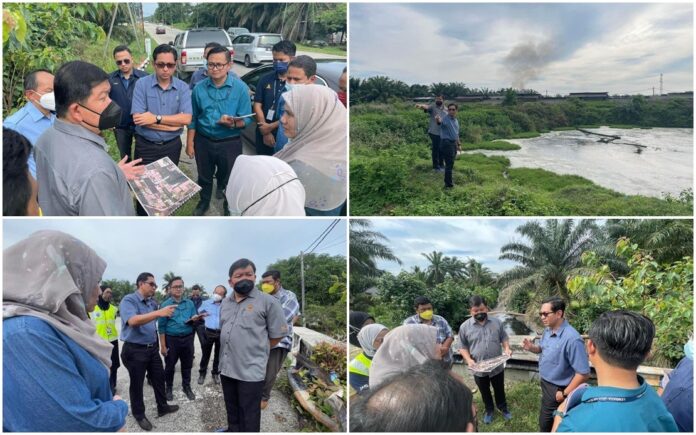SHAH ALAM, Sept 28 — Conventional methods of pig farming and pollution control have been identified as the cause of water pollution faced by the residents of Tanjung Sepat, Kuala Langat near here.
State Tourism, Environment, Green Technology and Orang Asli Affairs Committee chairman Hee Loy Sian said a visit to several pig farms in Tanjung Sepat on Sept 23 found that farm operators do not use the closed house method such as Modern Pig Farming.
As for sewage management, he said livestock excrement is collected in reservoirs inside the premises, causing the effluent to be discharged to the drains and the coastal waters.
“As such, the Veterinary Services Department (JPV) will instruct all operators involved to carry out cleaning and maintenance work on livestock farms and sewage systems immediately.
“Livestock excrement also needs to be disposed of outside the farm area and sent to authorised disposal sites,” he said in a statement today.
He was responding to a report by a local newspaper that pig farming activities in the Tanjung Sepat area had caused residents to face odour pollution and water drainage problems for almost 30 years.
Elaborating, Hee said Lembaga Urus Air Selangor (LUAS) would also instruct the relevant land owners to immediately carry out works to improve the drainage system and conduct water quality sampling, adding that legal action will be taken if there is any element of pollution.
“For the long-term measures, I will hold further discussions with the state Infrastructure and Public Amenities, Agriculture Modernisation, and Agro-Based Industry Committee chairman Izham Hashim to organise a dialogue session with associations and all pig farm operators in Selangor.
“JPV will coordinate planning and streamline the management of livestock operations with related farm operators. The main goal is to have systematic sewage management which does not pollute nearby water sources,” he said.
Hee said that based on JPV records, there are 118 active pig farms in the Kuala Langat district and a small part in the Sepang district.
“These farming activities are run on plots of land with agricultural status. All these premises operate with licenses registered by JPV,” he said.
















